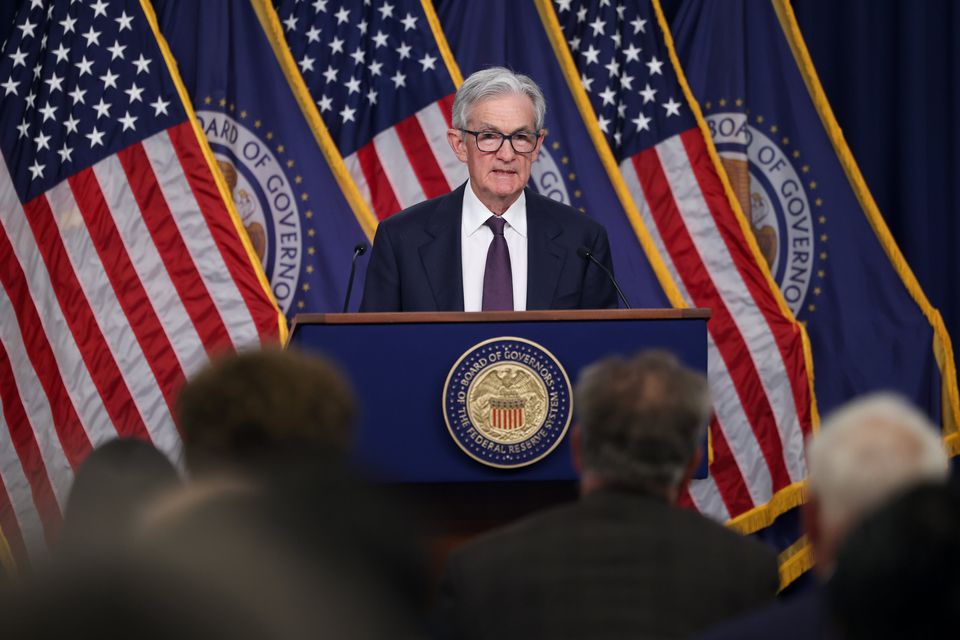Mr Trump is due to nominate a new chair of the Fed, America’s central bank, next year.
Any Trump nominee is expected to be more dovish than the incumbent, Jerome Powell, whose term will end in May.
The Wall Street Journal reported on Wednesday that Mr Trump has toyed with the idea of selecting and announcing Mr Powell’s replacement by September or October.
Today’s News in 90 Seconds – June 27th
Analysts say that throws up the potential of a shadow Fed chair, undermining Mr Powell’s influence. The already weak dollar sank on the news.
Nick Rees, head of macro research at Monex Europe, said: “From a market perspective, of course, not only does that undermine the Fed’s credibility and independence, clearly, but it’s a risk to the outlook for US rates as well.”
Yesterday, the euro reached $1.1744 at one point, the highest since September 2021. Sterling was also up against the dollar to as high as $1.3764, its highest since October 2021.
The strong euro is good for Irish buyers of dollar-priced commodities, including oil, but hurts exporters shipping goods and services to the US, many of whom who are already dealing with this year’s new 10pc tariff and the risk it will increase.
The latest concerns around US interest rates and the Fed come at the same time as investors worry about America’s growing national debt and the potential impact of tariffs that could slow US growth, particularly if extreme levies threatened by the White House on Europe and Japan are not sidestepped by trade deals.
The Trump administration has set a July 9 deadline to conclude talks, including with the European Commission on the tariffs. That deadline is now looming.
At the same time, the Mr Trump-backed “Big Beautiful Bill” – a budget package of tax cuts and spending commitments that is tipped to increase America’s already huge Federal deficit – is making its way through the US legislature.
The intense investor focus on the dollar also comes as attention has shifted quickly away from the Iran-Israel conflict and the risk it would trigger a major surge in energy prices.
That risk remains significant, but the pressures building in and around US economic policy have, for now, overshadowed the Middle East crisis.
source
